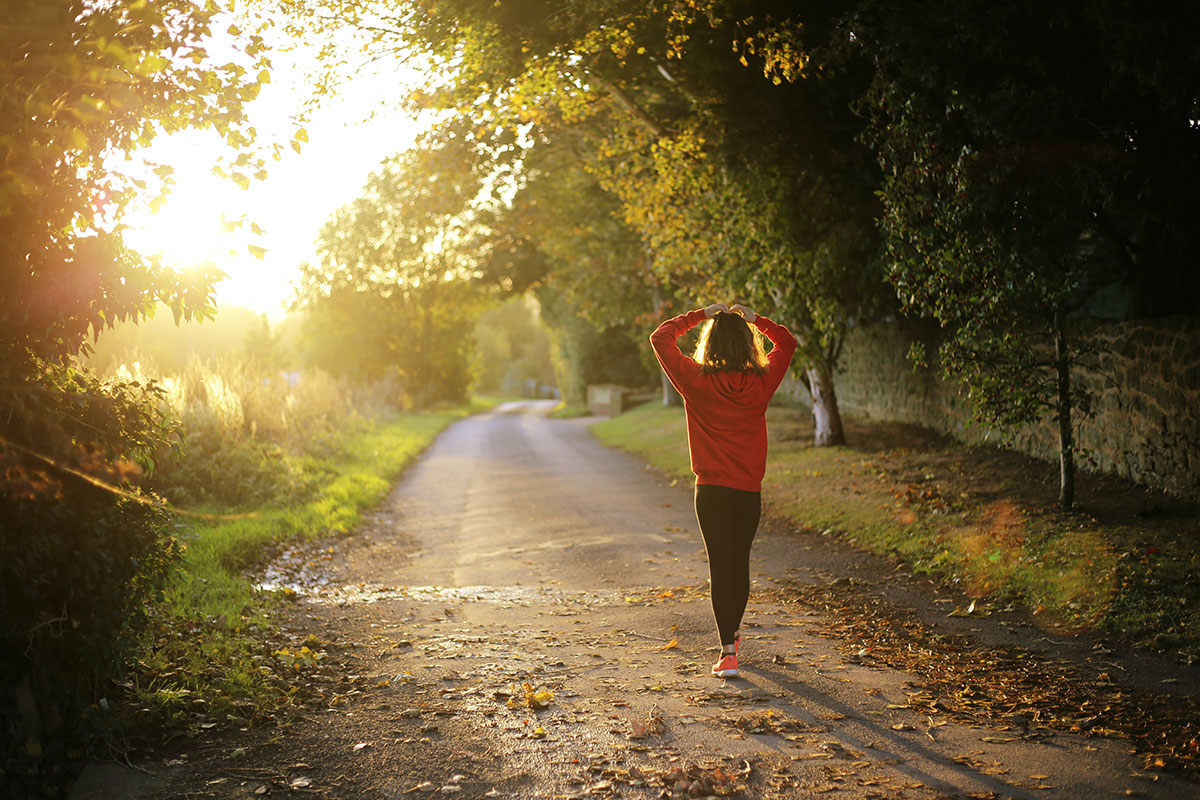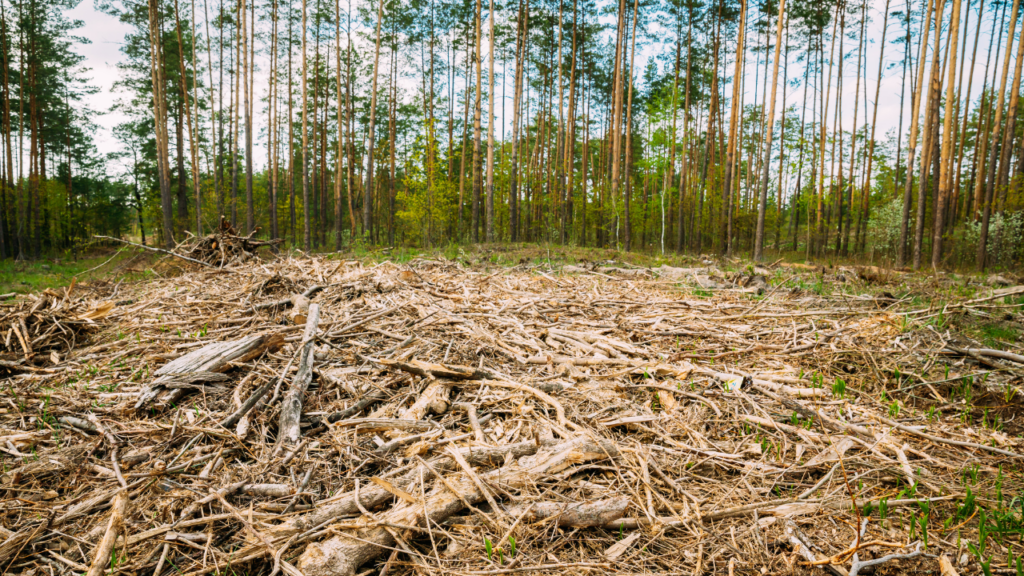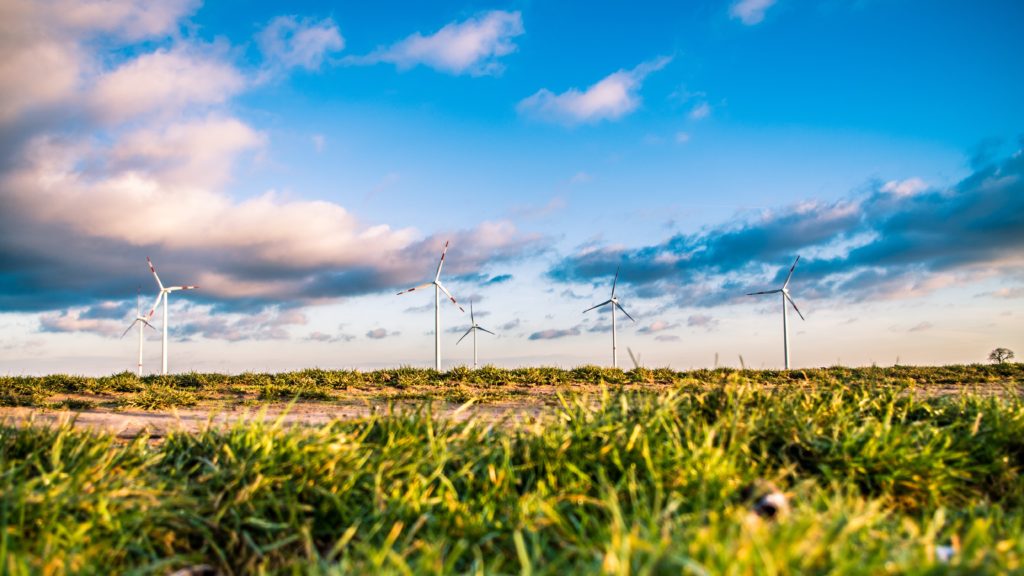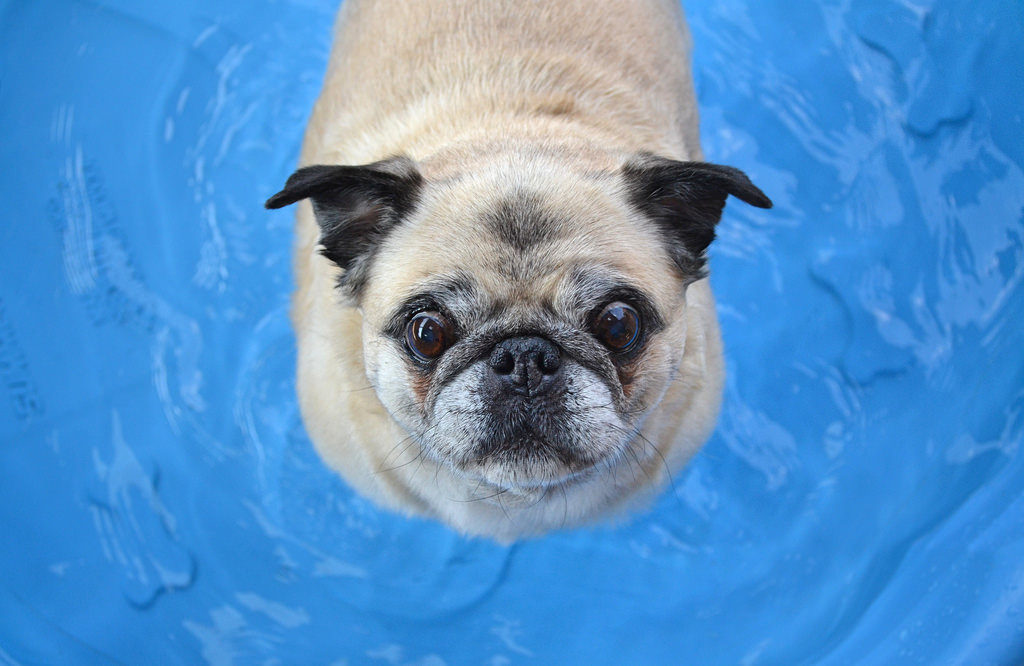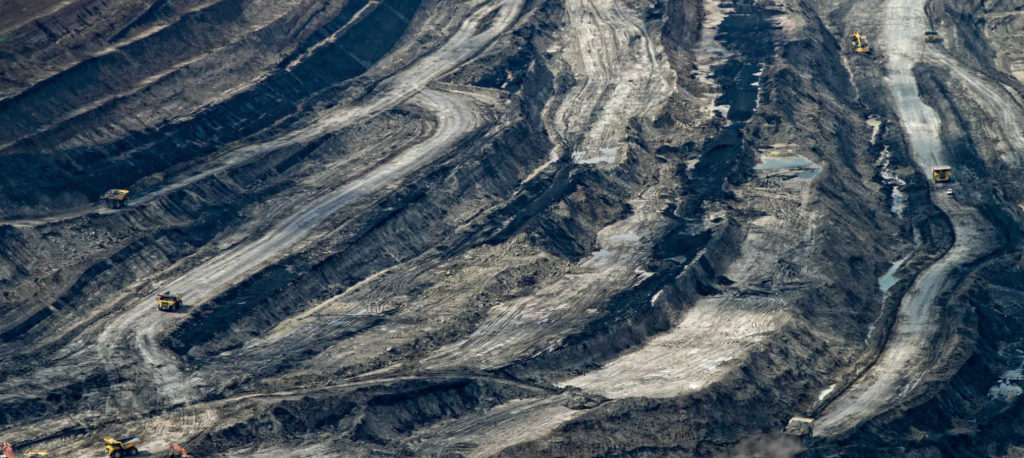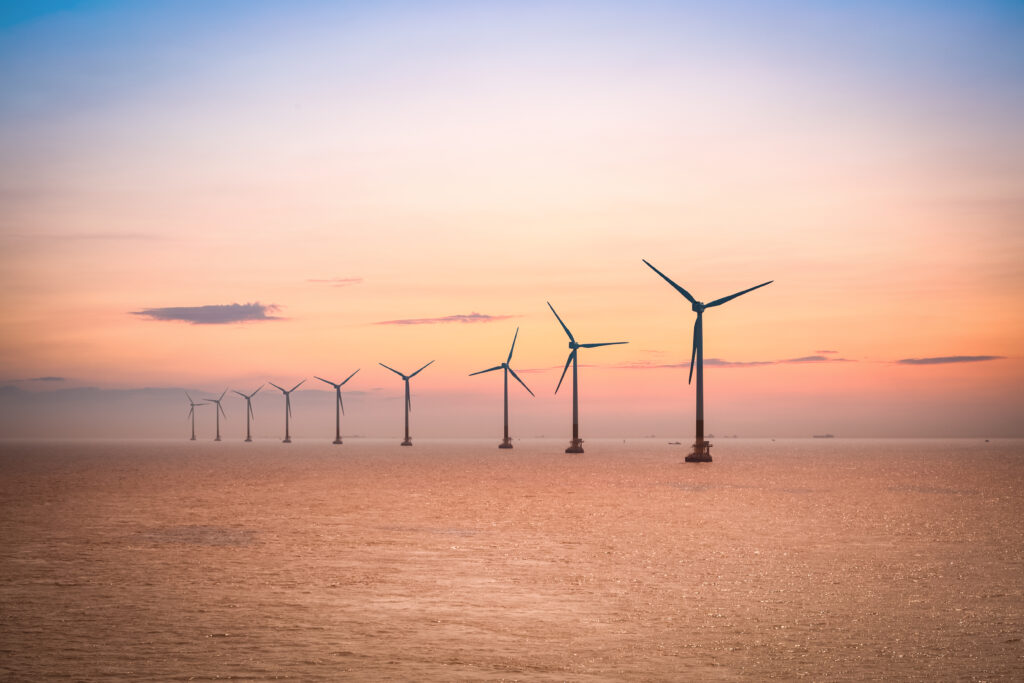From the climate impacts of ongoing drought and blazing bushfires to now fighting off a global pandemic (while rationing our toilet paper), we wouldn’t blame you if you’re sitting in your room right now (possibly locked down) and thinking ‘yep, this is all a bit too much’.
Coming to terms with big problems, such as climate change and the coronavirus pandemic, can be hard and overwhelming. ‘Eco-anxiety’ has become a buzz-word of recent times, and rightly so – the impacts of climate change are scary, and only going to get worse if we don’t take urgent action now. And it’s a similar case for COVID19.
Carol Ride, the founder of Psychology for a Safe Climate, says the same strategies that help us deal with climate anxieties can help to manage coronavirus anxiety too. Here are her top five tips.
1. Talk it out
Chatting about our feelings can be tricky for some, but Carol says it is the first step to acknowledging and processing what’s going on around us.
“It is a great gift to offer deep listening to another person and it’s very healing to be heard and acknowledged for what we have expressed,” she says.
Keeping in touch with our friends is even more important at the moment while we’re keeping our physical distance, as maintaining a healthy social life is vital to managing stress. Carol recommends chatting via the phone or video chat, rather than texting or messaging.
2. Be kind to yourself
Both climate change and COVID are big problems, so don’t beat yourself up about feeling worried or unsure – those are natural human reactions to issues with unknown outcomes. But the key is to be aware of all this, to know it’s normal but to try not to focus on negative thoughts.
“The skill is to be self-aware and to choose for yourself what thoughts help you, and how you can let go or change what is unhelpful.”
Carol suggests practicing “conscious breathing, meditation, mindful self-compassion or yoga to calm your mind and body.”
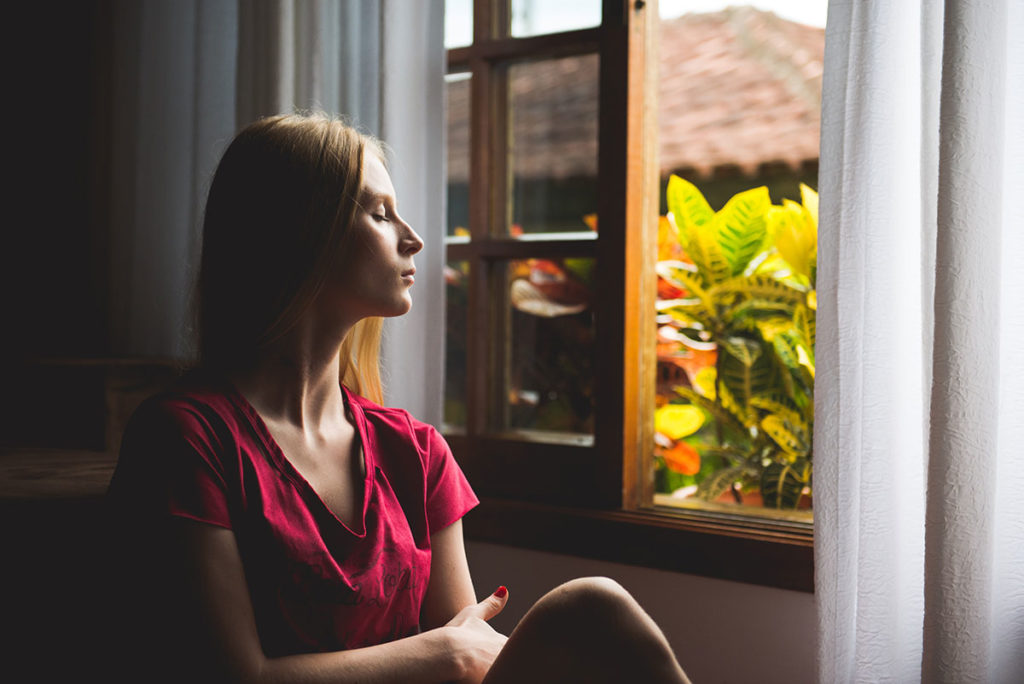 Be kind to yourself: Carol suggests taking the time for self-care to help manage both climate and coronavirus anxieties.
Be kind to yourself: Carol suggests taking the time for self-care to help manage both climate and coronavirus anxieties.
3. Choose your news carefully
It’s impossible to scroll through social media, watch TV or turn on the radio without being bombarded by news about the coronavirus at the moment. While some of this is useful and important information, a lot of it can add to your sense of feeling overwhelmed. Carol suggests carefully choosing where you receive your news from, and when.
“Make sure you get information from reliable sources, but also place a limit on how much time you give to this,” Carol says.
Another handy tip is to restrict your news-consuming time to just an hour in the morning and an hour in the evening, but make sure you don’t do it just before going to bed. When it comes to both coronavirus and climate change, make sure you’re getting your information from a credible, science-based source.
4. Move your body and enjoy nature
Exercise is crucial for maintaining good mental health and solid sleep patterns, so make sure you’re still moving those limbs daily! Some of our go-to forms of exercises, like team sports, boot camps and gym classes, might not be an option at the moment (and were even affected by the climate-driven bushfires during the summer), so you may have to get creative. Online classes, backyard workouts and solo walks around your neighborhood are good ways to incorporate exercise into your daily routine.
If you can combine your exercise with time spent outdoors, Carol says this is even more beneficial. “Spend time in nature if possible – an early morning walk before others are around is great. Focus on gratitude for all that is wonderful in nature despite the difficulties at the moment.”
5. Seek help
“Some people will find they need some psychological help to support them at this troubling time,” says Carol. “Don’t be afraid to ask for help.”
For urgent immediate help phone Beyond Blue 1300 22 4636 or Lifeline 13 11 14. To arrange an appointment with a psychologist, ask your GP for a referral.
In times of stress and fear of the unknown, harnessing hope is an important way to keep powering on. As Climate Councillor Professor Lesley Hughes says, “Hope is a necessary emotion, but more than that, it must be our fundamental strategy to keep us going. Lose it, and we are lost.”
Click here to find out 5 important climate actions you can take without leaving your bedroom!

